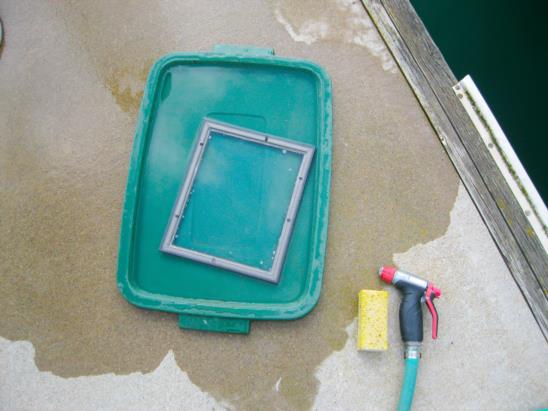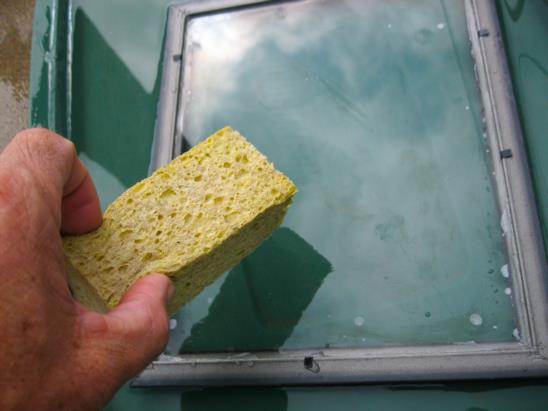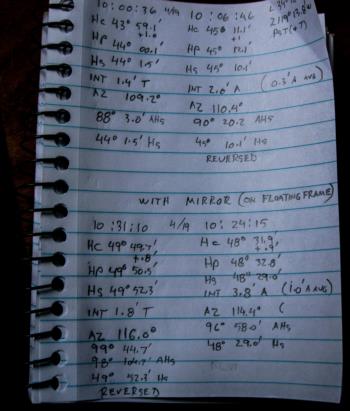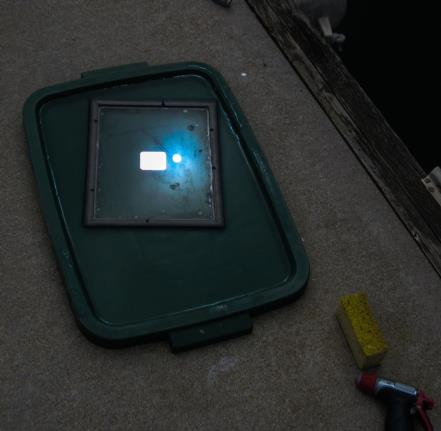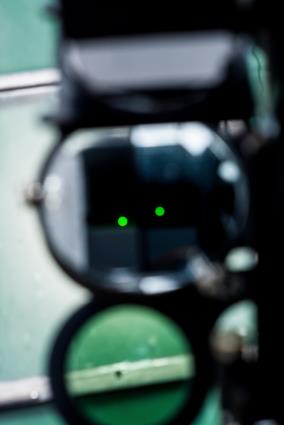
NavList:
A Community Devoted to the Preservation and Practice of Celestial Navigation and Other Methods of Traditional Wayfinding
From: Brad Morris
Date: 2015 Apr 19, 22:31 -0400
Hello Greg.
Point 4 is the important bit.
Point 4 nulls most of the error. To get rid of all of it, he should turn his mirror and take observations four times.
At first blush, only two are needed, but if the mirror is rolled slightly along the axis of measurement, both will be slightly off as a function of the roll, I believe by the cosine(angle of roll)
Taking 4 should null that out as well.
It seems that Gary the Astronomer's floating picture frame works guys. There are a few tricky things that need doing to get the 1' accuracy.
1. The glass of the frame has to be silicone glued into the frame for water tightness.
2. All the bubbles need to be removed from under the frame when setting into the tray of water (not easy).
3. Water drops on the frame and glass must be removed with a sponge before making any observations.
4. Two observations need to be made with the tray turned 180° on the second observation. The average of the two intercepts will be the accurate result within 1'.
I was not pleased with the asymmetrical image of the Sun as reflected of the frame glass although the intercepts worked out when the centers of the Sun were lined up. A better image was had by placing a small mirror at the center of the frame.
For best accuracy I still prefer the wind shielded water dish. The floating frame with mirror on top is the better option if observing dim stars such as Polaris.
Greg Rudzinski
Attached File:
(AH-Floating-Pic-Frame.jpg: Open and save)
Attached File:
(AH-Floating-Pic-Frame-2.jpg: Open and save)
Attached File:
(AH-Floating-Pic-Frame-3.jpg: Open and save)
Attached File:
(AH-Floating-Pic-Frame-4.jpg: Open and save)
Attached File:
(AH-Floating-Pic-Frame-5.jpg: Open and save)
